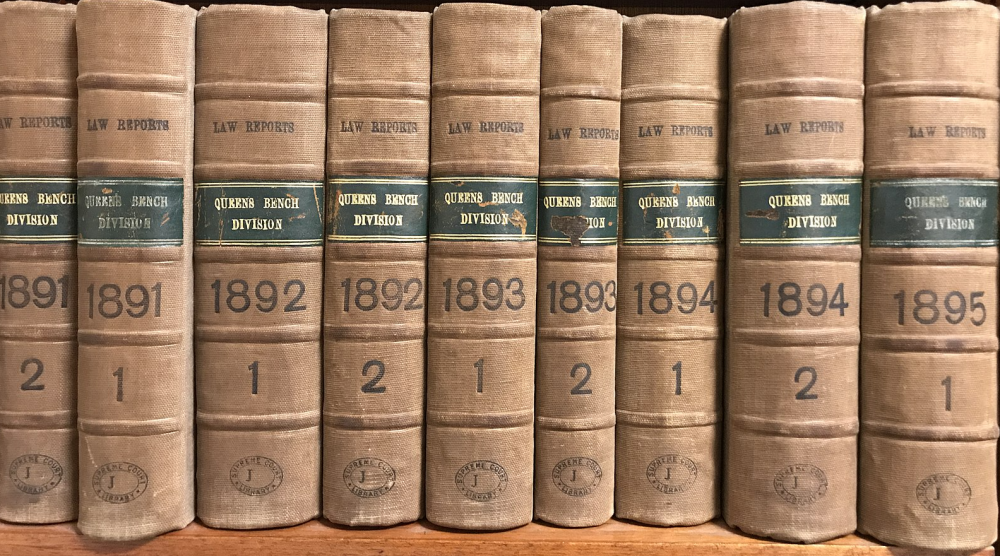Enron v TXU: Difference between revisions
(Created page with "''Enron, Australia vs. TXU Electricity Ltd'' [2003] NSWSC 1169 is an Australian case focusing on the {{isdaprov|General Conditions}} clause of the {{isdama}}. ===Facts=== The...") |
Amwelladmin (talk | contribs) m (Amwelladmin moved page Enron v TXU - Case Note to Enron v TXU) |
||
| (4 intermediate revisions by 2 users not shown) | |||
| Line 1: | Line 1: | ||
{{cn}}{{cite|Enron Australia|TXU Electricity Ltd|2003|NSWSC|1169}} is a [[Straya]]n case focusing on the {{isdaprov|General Conditions}} clause of the {{isdama}}. | |||
===Facts=== | ===Facts=== | ||
The Australian Court found that, upon a {{isdaprov|Bankruptcy}} {{isdaprov|Event of Default}} occurring under an {{isdama}} between Enron Australia and TXU Electricity Ltd, TXU, as the {{isdaprov|Non-defaulting Party}}, could, but was not obliged to, designate an {{isdaprov|Early Termination Date}} under the {{isdama}}. | The Australian Court found that, upon a {{isdaprov|Bankruptcy}} {{isdaprov|Event of Default}} occurring under an {{isdama}} between Enron Australia and TXU Electricity Ltd, TXU, as the {{isdaprov|Non-defaulting Party}}, could, but was not obliged to, designate an {{isdaprov|Early Termination Date}} under the {{isdama}}. | ||
At the time of insolvency Enron was | At the time of insolvency Enron was “[[in-the-money]]”. TXU chose not to terminate, as {{isdaprov|Section 2(a)(iii)}} appears on its face to allow. | ||
Further, on the basis of the [[condition precedent]] in Section 2(a)(iii) of the {{isdama}}, pursuant to which no payments or deliveries need to be made by a party if the other party is in default, TXU was not obliged to, and did not, | Further, on the basis of the [[condition precedent]] in Section 2(a)(iii) of the {{isdama}}, pursuant to which no payments or deliveries need to be made by a party if the other party is in default, TXU was not obliged to, and did not, | ||
| Line 13: | Line 13: | ||
===Subsequent Contrary Rulings=== | ===Subsequent Contrary Rulings=== | ||
Different conclusions (albeit in different jurisdictions) have been subsequently arrived at in the US ({{casenote|Metavante|Lehman | Different conclusions (albeit in different jurisdictions) have been subsequently arrived at in the US ({{casenote|Metavante|Lehman}}) and UK ({{casenote|Marine Trade|Pioneer}}). | ||
{{2(a)(iii)}} | {{2(a)(iii)}} | ||
Latest revision as of 19:06, 19 December 2020
|
The Jolly Contrarian Law Reports
Our own, snippy, in-house court reporting service.
|
Enron Australia v TXU Electricity Ltd [2003] NSWSC 1169 is a Strayan case focusing on the General Conditions clause of the ISDA Master Agreement.
Facts
The Australian Court found that, upon a Bankruptcy Event of Default occurring under an ISDA Master Agreement between Enron Australia and TXU Electricity Ltd, TXU, as the Non-defaulting Party, could, but was not obliged to, designate an Early Termination Date under the ISDA Master Agreement.
At the time of insolvency Enron was “in-the-money”. TXU chose not to terminate, as Section 2(a)(iii) appears on its face to allow.
Further, on the basis of the condition precedent in Section 2(a)(iii) of the ISDA Master Agreement, pursuant to which no payments or deliveries need to be made by a party if the other party is in default, TXU was not obliged to, and did not, make any further payments or deliveries to Enron under the relevant Transactions.
Judgment
The New South Wales High Court upheld the contractual right of TXU not to terminate the Transactions under the ISDA Master Agreement and not to make any further payments thereunder to Enron.
Subsequent Contrary Rulings
Different conclusions (albeit in different jurisdictions) have been subsequently arrived at in the US (Metavante v Lehman) and UK (Marine Trade v Pioneer).
Section 2(a)(iii) litigation
There is a (generous) handful of important authorities on the effect under English law or New York law of the suspension of obligations under the most litigationey clause in the ISDA Master Agreement, Section 2(a)(iii). They consider whether flawed asset provision amounts to an “ipso facto clause” under the US Bankruptcy Code or violates the “anti-deprivation” principle under English law. Those cases are:
